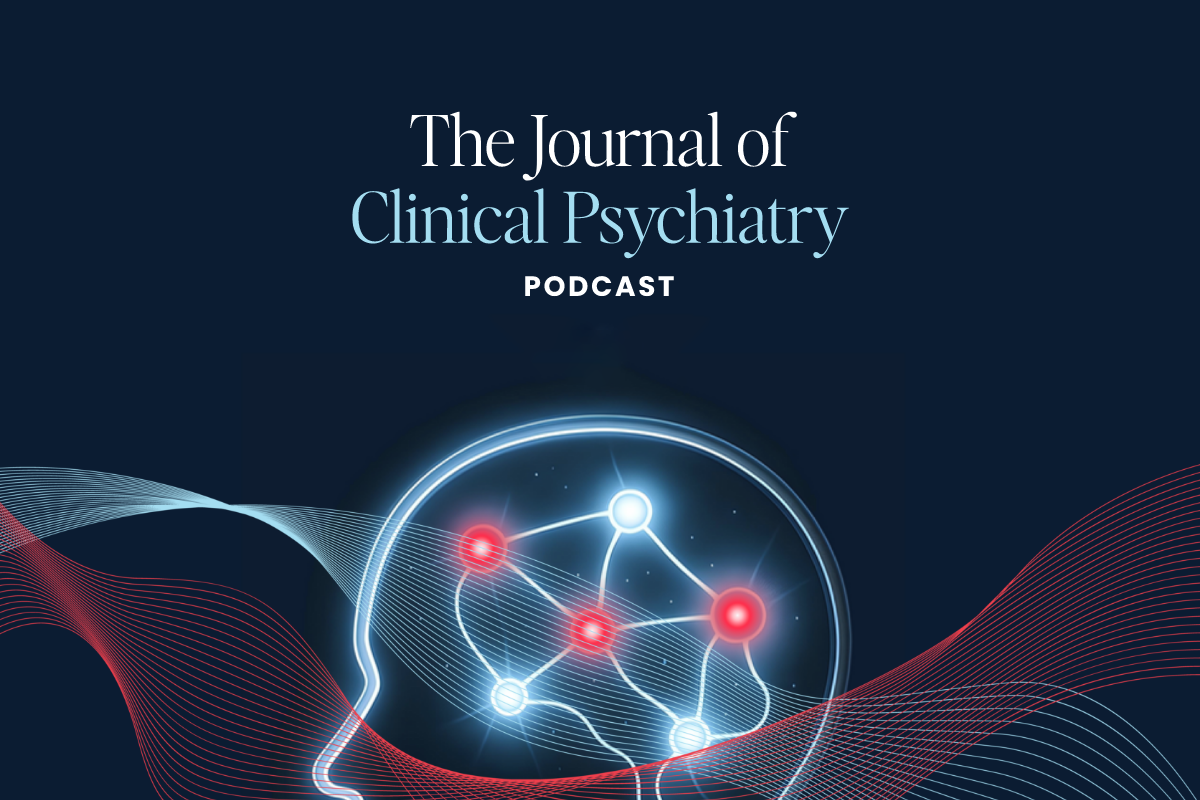Scientists suspect a range of genetic and environmental factors contribute to the marked increase in autism over the past four decades. A new University of Texas Health Science Center at San Antonio report now points to the consumption of the artificial sweetener aspartame by mothers as one possible contributor, especially among their male children.
Aspartame has been widely used since the 1980s as an alternative to white sugar. An ingredient in diet sodas, desserts, and other products aimed at dieters and people with diabetes, the safety of its chemical structure and breakdown products have long worried experts. In particular, anecdotal reports and small studies have hinted at its possible association to numerous neurological conditions, including autism. Given these apprehensions, the Nutrients study aimed to provide a more rigorous, focused investigation into this potential connection.
Antenatal and Neonatal Risk Factors in Autism Spectrum Disorder
Gestational Exposure to Benzodiazepines and Z-Hypnotics and the Risk of Autism
4 Distinct Autism Subtypes Identified in Machine Learning Study
A Sweet Suspect
The study involved parents of 235 children with autism as well as 121 children without, serving as control subjects. All the parents filled out detailed, self-administered questionnaires that covered a range of topics, including the family’s lifestyle, dietary habits, and environmental exposures.
Some of the parents provided their children’s shed baby teeth for compositional analyses in separate studies. Teeth often contain layers of dentin and enamel that capture a sort of “biological history” of a person’s exposure to various substances, including artificial sweeteners like aspartame. By analyzing them, the researchers hoped to identify clear biochemical markers or patterns that link aspartame exposure and autism.
Higher Risk Observed in Boys
The results paint a nuanced picture. For example, the researchers zeroed in on specific traits, like whether a child had ever lost the ability to speak. They discovered that the additive’s relationship to autism was most pronounced in children with early-onset, stable symptoms. In these cases, behavioral or communication challenges were more noticeable than in other groups, suggesting that aspartame may have a greater impact on this type of autism.
The researchers also observed that boys were three times more likely to receive an autism diagnosis if their mothers consumed at least one diet soda daily, or the equivalent amount of aspartame from other products, during pregnancy or while breastfeeding. They uncovered no such statistically significant association with girls.
Despite the inferences, the researchers stressed that their results don’t prove a direct cause-and-effect relationship. They can’t conclusively prove that artificial sweeteners directly lead to autism, they emphasized. Further research, including trials with larger sample sizes, would help solidify a connection between the sugar substitute and the neurodevelopmental condition, which, according to CDC statistics, now impacts about one in 36 children.
Accumulating Evidence
This is just the latest study to demonstrate the prospect of potential harm to the brain from the artificial sugar’s use. A recent Scientific Reports study on rodents suggested an aspartame dosage equivalent to 7-15 percent of the FDA’s recommended maximum daily intake for humans could harm spatial working memory and spatial learning. (For a person, that amounts to about one can of diet soda per day.) Furthermore, the deficits can be passed down to at least one subsequent generation.
Regulatory agencies like the FDA and the European Food Safety Authority (EFSA) have approved the chemical’s use, vouching for the sweetener’s safety when consumed within established guidelines. However, the World Health Organization released a report earlier this year expressing concerns over its use. The agency’s paper largely focused on carcinogenic and cardiometabolic risks without addressing any prospective psychological or neurological associations.



